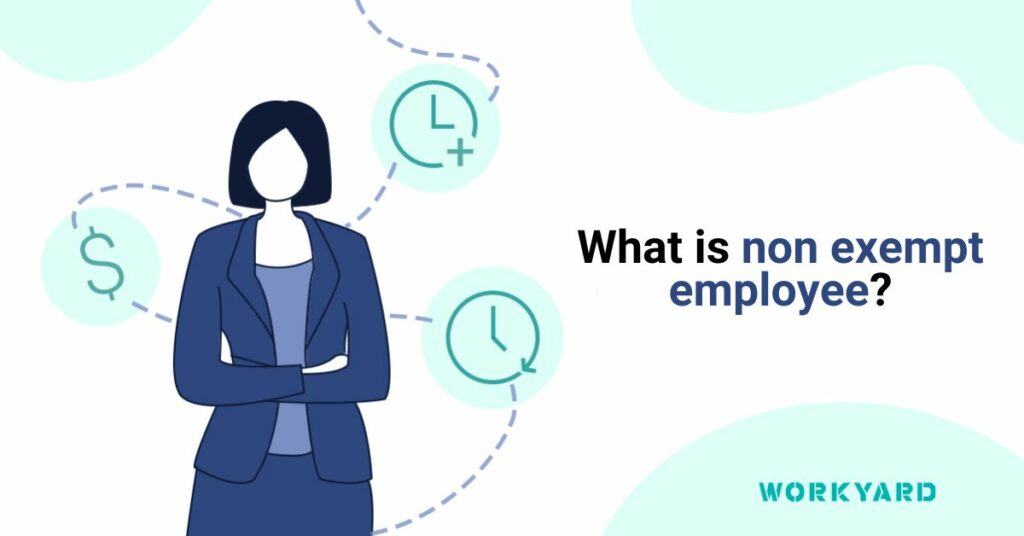A non exempt employee is a vital classification under the Fair Labor Standards Act (FLSA) that delineates specific wage and hour regulations, ensuring fair compensation practices and protection for workers.
Let’s explore the key features of non exempt status and its implications for both employers and employees.
Key Characteristics of Non Exempt Employees
- Hourly Compensation: Non-exempt employees are typically paid on an hourly basis, receiving compensation for each hour worked.
- Overtime Eligibility: Non-exempt employees qualify for overtime pay, usually calculated at one and a half times their regular hourly rate for hours exceeding 40 in a workweek.
- Recordkeeping Requirements: Employers are obligated to maintain accurate records of non-exempt employees’ hours worked, including regular and overtime hours.
Considerations for Employers and Employees
Employers should communicate the classification status clearly to employees, ensuring mutual understanding of rights and responsibilities. Additionally, both employers and employees benefit from training on FLSA regulations, fostering compliance and avoiding potential legal issues.
Another way to stay compliant as an employer is by conducting regular audits to ensure that non-exempt employees’ work hours are accurately recorded. Seeking legal guidance can also help employers and employees navigate complex FLSA regulations, ensuring adherence to the law.
In summary, understanding the concept of non-exempt employees is fundamental for maintaining fair compensation practices and compliance with labor laws. Employers and employees alike should be aware of the implications of non-exempt status, fostering a transparent and equitable working relationship.
By adhering to FLSA regulations and promoting open communication, businesses can create a work environment that prioritizes fair compensation, work-life balance, and legal compliance.

